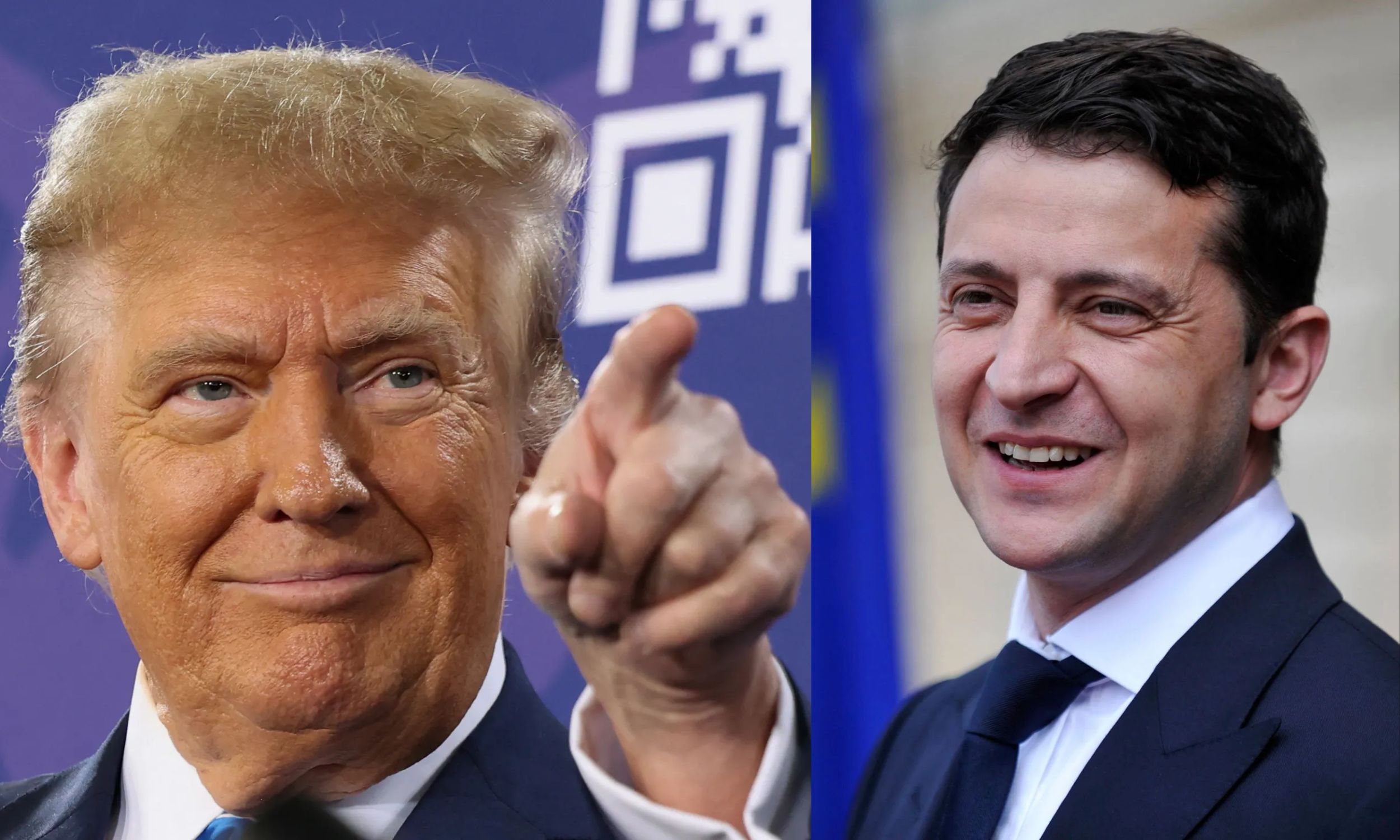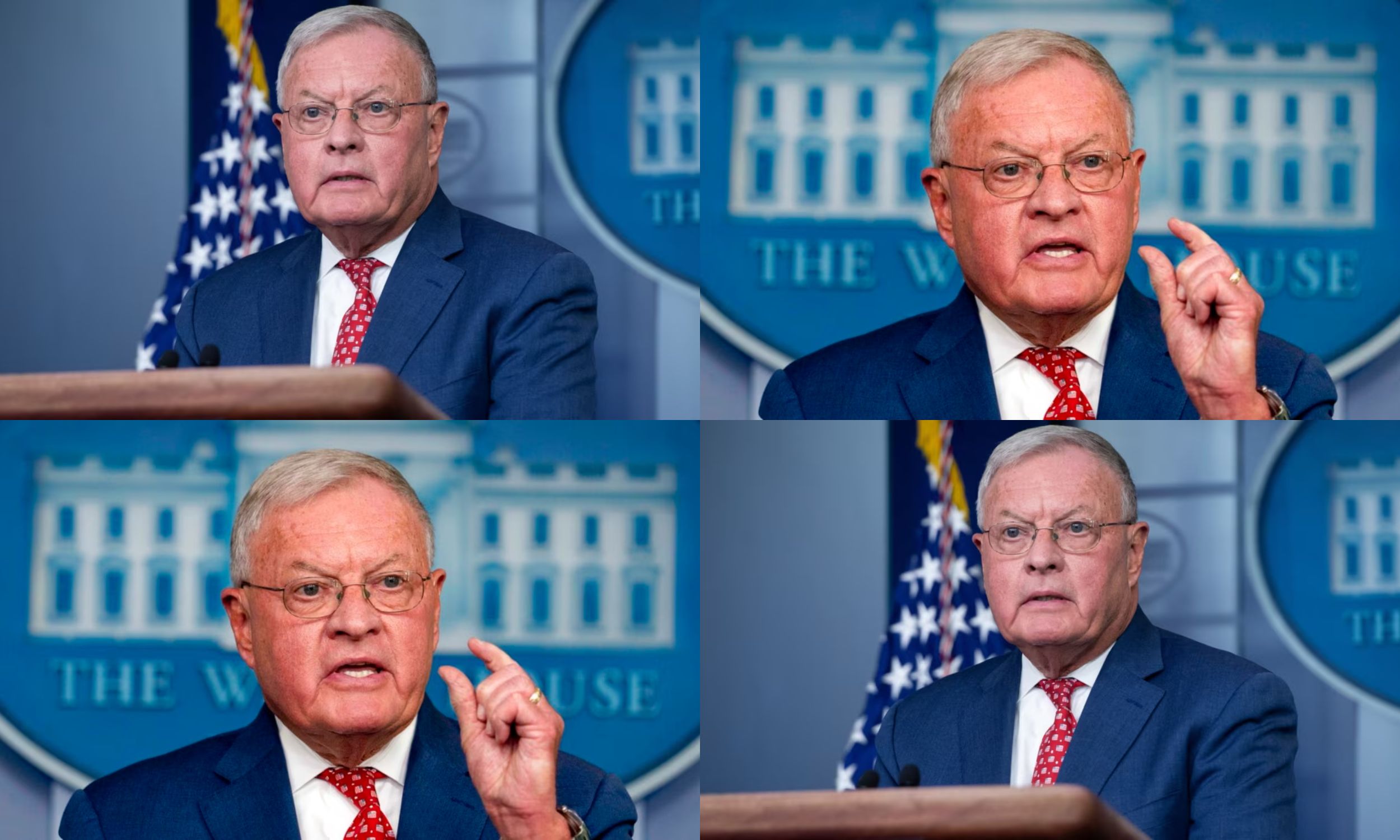On November 29, Ukrainian President Volodymyr Zelensky expressed a willingness to cede territory to Russia if NATO agreed to specific terms, as he told Sky News. This statement highlights growing unease among Kyiv’s Western supporters regarding the declining public trust in Zelensky, which has diminished over the past year.
The situation worsened when Zelensky dismissed Valerii Zaluzhny, the former commander-in-chief, who was reportedly the most trusted figure among Ukrainians, leading to speculation that his popularity posed a threat to Zelensky’s position.

The ongoing conflict, which has persisted for over two years, raises concerns not only about its duration but also about the leadership’s failure to achieve remarkable progress in resolving it. The urgency of the situation has intensified since Zelensky’s presidential term expired last May, with no announcements regarding future elections.
U.S. and European officials have been engaging in discussions with Kyiv regarding potential peace negotiations with Moscow. According to Stephen Bryen, a former deputy undersecretary of Defense and a prominent security strategist, there is a growing sentiment among Western leaders to replace Zelensky.
In addition to military hardware and advisory support, the U.S. also provides financial assistance to sustain the salaries of government officials and the Ukrainian military, including pension funds. Given the substantial investment exceeding $100 billion in Ukraine and specifically in Zelensky, the rationale behind the U.S. potentially distancing itself from him or considering negotiations is worth examining.
A fundamental issue revolves around trust. Zelensky’s deviation from Washington’s strategic plan for Ukraine’s counteroffensive has raised concerns, prompting the White House to signal its apprehensions and set the stage for a potential change in leadership.
Beyond the failed offensive, Zelensky faces a more pressing challenge: the increasing belief that Ukraine is at risk of losing the war. Recently, Kyiv embarked on what some have labeled a “fool’s errand,” attempting a desperate incursion into Kursk to divert Russian troops from the Donbas region, hoping to prevent further losses and boost morale among soldiers and civilians alike.
The situation in the Donbas continues to worsen, with both sides suffering casualties. The urgency is heightened by Russia’s advancing position on Pokrovsk, a city of critical strategic importance. Losing Pokrovsk could lead to a domino effect, resulting in a broader collapse of Ukrainian defenses in the Donetsk region and fundamentally changing the conflict’s trajectory.
The perception of futility is often illustrated by events that distract from pressing issues. In September, over half of Kyiv’s ministers were dismissed, seemingly an effort to consolidate power within the presidency and redirect public discontent toward the prime minister and his cabinet, effectively shielding Zelensky from blame.
Attempting to shift responsibility is as fruitless as rearranging deck chairs on the Titanic. According to former Ukrainian Foreign Minister Dmitry Kuleba, Ukraine lacks the means to gain the upper hand against Russia and risks losing the war if the current situation persists. He further noted that President Joe Biden’s reluctance to provide essential weaponry is rooted in fears of nuclear conflict.
Kuleba’s remarks came on the heels of the U.S. and France granting Ukraine permission to utilize long-range missiles against recognized Russian territory, although Washington acknowledged that these missiles would not fundamentally change the dynamics of the conflict.
Increasing pressure from European and other Western nations is compelling Zelensky to reconsider his position on the war and to engage in negotiations with Vladimir Putin to bring about an end to hostilities. An analysis by ABC News also highlights the influence of President-elect Donald Trump, who is set to take office on January 20.

If negotiations, as advocated by Zelensky’s supporters, do not materialize, Ukraine faces inevitable military failure, which would undermine NATO’s deterrent credibility both regionally and beyond. Zelensky has consistently opposed any negotiations with Russia until its forces withdraw from Ukrainian territory and is reluctant to call for elections due to fears of losing power.
The options available to the U.S. and its allies are daunting. Although various strategies exist to halt the conflict, Trump’s recently appointed envoy to Ukraine, former Lt. Gen. Keith Kellogg, has proposed a plan aimed at ending hostilities.
Future U.S. assistance—likely provided as a loan—would be contingent on Ukraine engaging in negotiations with Russia, while the U.S. would continue to supply Ukraine with defensive armaments. A ceasefire would freeze the frontlines, accompanied by a demilitarized zone. In return for this agreement, Russia would receive limited sanctions relief, with full relief contingent upon a signed peace deal.
A levy on Russian energy exports would help finance Ukraine’s reconstruction efforts. Ukraine would not be required to abandon its goal of reclaiming occupied territory but would need to pursue that aim solely through diplomatic means. Kellogg acknowledged that such an approach would necessitate a diplomatic breakthrough, which is unlikely to occur before Putin’s departure from office.
Currently, joining NATO seems unrealistic, at least given the existing political climate, despite the rhetoric from former NATO Secretary General Jens Stoltenberg. However, a notable shift has occurred, with Zelensky indicating in November a willingness to temporarily cede land in exchange for a “NATO umbrella” over the territories still held by Ukraine.
Zelensky suggested that following a ceasefire, Kyiv could negotiate the return of eastern territories under Russian control through diplomatic channels. This represents a change in Zelensky’s stance, coinciding with Trump’s promise to end the war “on day one” of his presidency. Unless there are unexpected setbacks from the West, it seems that the Ukrainian president may have finally “blinked.”


